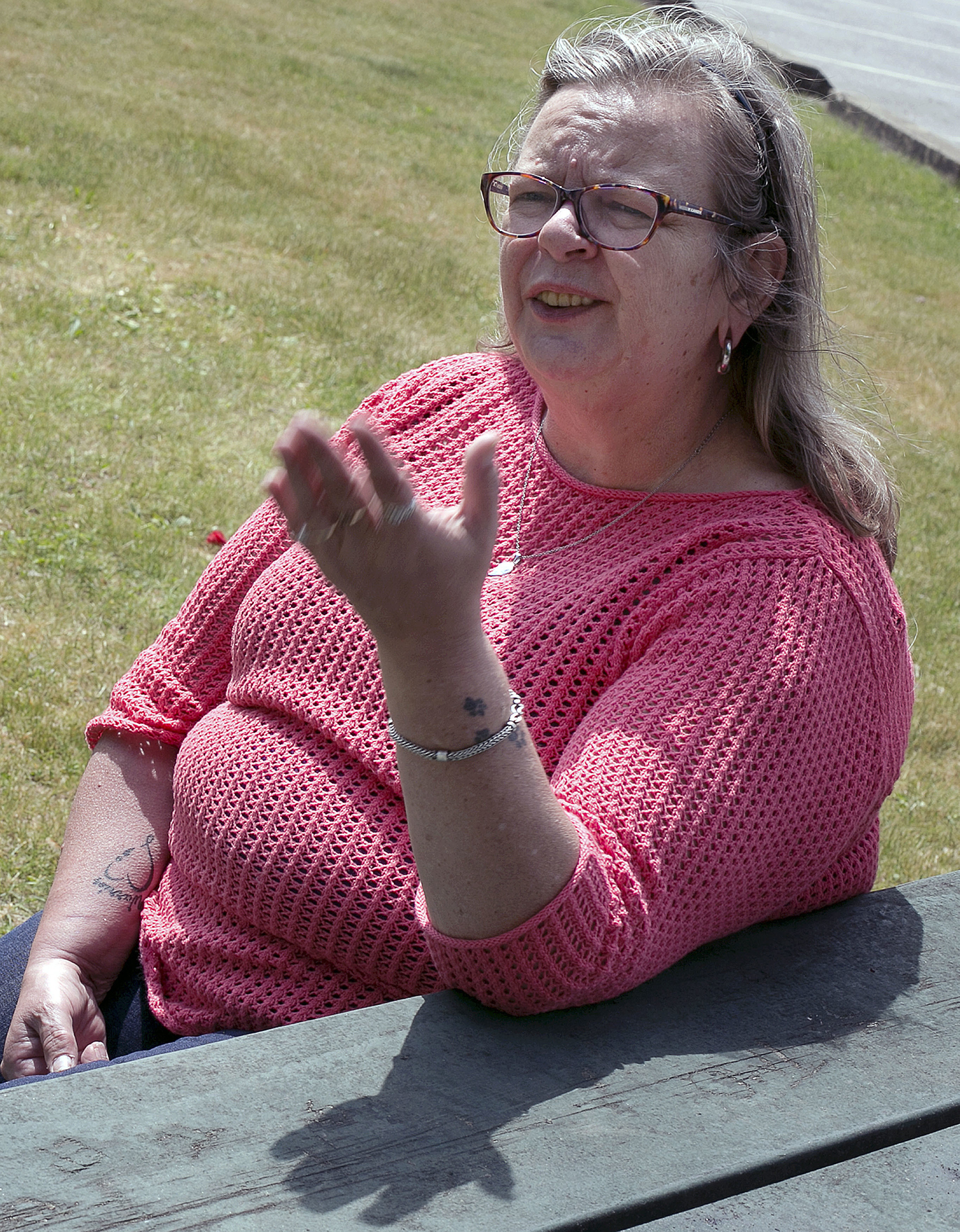
By MICHAEL CASEY
Associated Press
CONCORD, N.H. (AP) — A city law in New Hampshire that bans women from showing their nipples is unconstitutional and discriminatory, a lawyer for three women accused of violating it told the state’s highest court Thursday.
Heidi Lilley, Kia Sinclair and Ginger Pierro were arrested in 2016 after taking off their tops at a beach in Laconia and refusing to put them back on when beachgoers complained. Pierro was doing yoga, while the other two were sunbathing.
The Laconia law on indecent exposure bans sex and nudity in public but singles out women by prohibiting the “showing of female breast with less than a fully opaque covering of any part of the nipple.” A lower court judge refused to dismiss the case, and the women appealed to the state Supreme Court. Oral arguments were heard Thursday but none of the women was in the courtroom.
Their lawyer, Dan Hynes, argued no state laws forbids toplessness and told the court his clients should have the same rights as men to go topless. He also argued they simply were expressing their First Amendment rights, since the women’s actions were a protest linked to the Free Nipple movement. It is a global campaign advocating for the rights of women to go topless.
“In this case, the city of Laconia has criminalized being female. That’s what it comes down to,” Hynes told the court. “I’m not aware of any criminal statute in New Hampshire where an element of the offense is that the state must prove the defendant is a certain sex. I suggest that is unconstitutional and, really, immoral.”
In defending the law, the Assistant Attorney General Susan McGinnis told the court the city was trying to avoid a public disturbance resulting from bare-breasted women on the beach and that it narrowly tailored the law to requiring only the covering of nipples — not requiring women to wear shirts. She also questioned the First Amendment argument, saying “there was no way anyone in the public could have known they were protesting.”
“This is a matter of public safety and morals,” McGinnis told the court. “What happened here shows that it is safety-related. There was a really big disturbance on the beach when (Pierro) was doing yoga on the beach.”
Judges had tough questions for both sides in a wide-ranging discussion that touched on nude beaches in the state and whether the ban on bare bottoms would impact thong-wearing bathers. They also discussed whether allowing topless women would lead to increased sexual harassment and crimes against women — as the state contends.
Justice James Bassett seemed to question whether the 1998 statute was outdated, noting that laws once restricted what men could wear on the beach. On the other side, Justice Robert Lynn queried Hynes over the merits of dismissing the law, hinting that going topless was more of a lifestyle choice rather than something more serious.
“What’s the disadvantage here?” Lynn asked, suggesting they would not be harmed by simply covering their nipples while at the beach. The judges also seemed to be contemplating ways in which the ordinance could be amended so that it was deemed constitutional — including setting aside a stretch of beach for topless women or striking the word women from section of the ordinance involving toplessness.



















